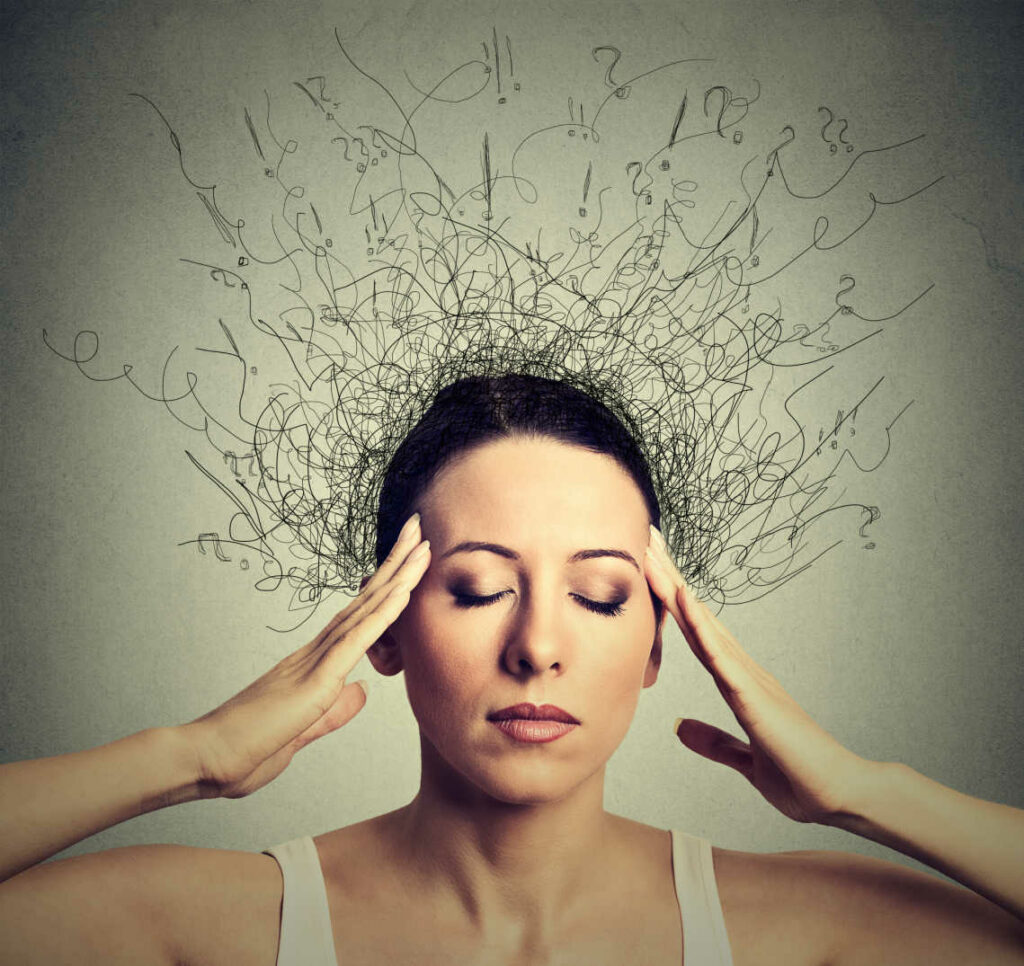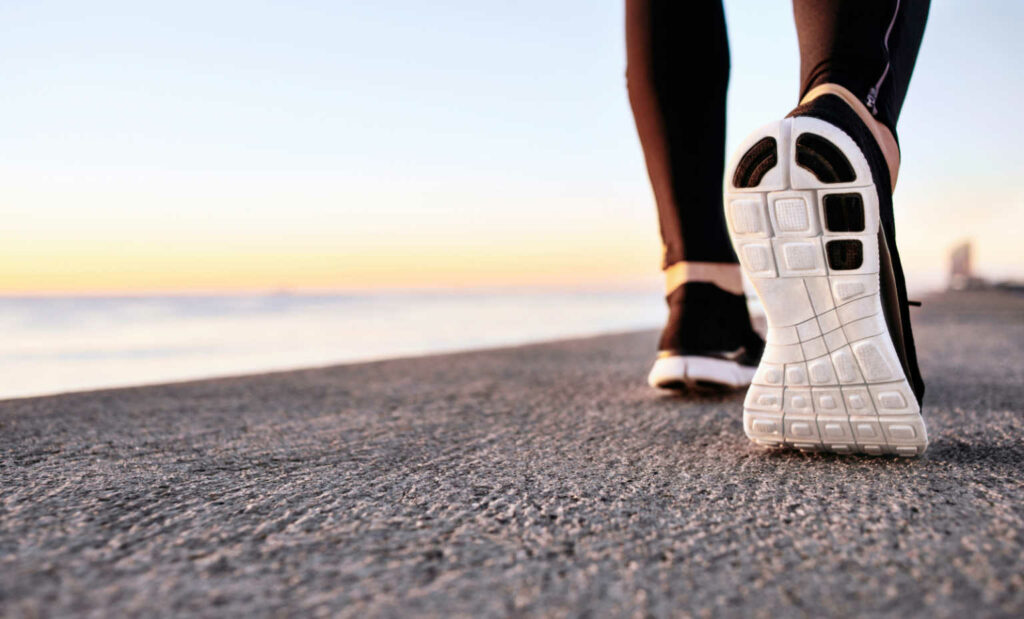How to Sweat out your Anxiety

Feeling anxious and need a quick fix?
Fortunately, research has shown that as little as a single bout of exercise can drop anxiety symptoms FAST, even more so for people over the age of 25. And when looking at the long term, exercise can also keep anxiety levels down. Read more below for the best ways to sweat out your anxiety.
This month’s educational theme is ‘Movement is Medicine.’ So we’re compiling all of our favorite tips and perspectives on exercise as therapy.
Speaking of movement, sign up for our upcoming workshop titled, “A Mid-Day Movement Snack to Loosen Up”

#1. Walking AND high intensity exercise both work to reduce anxiety
When it comes to dropping anxiety levels you have some options. Both walking (treadmill or outdoors) and higher intensity exercises can drop anxiety levels after as little as 20 minutes, compared to doing nothing. Higher intensity exercises can include running, lifting weights, boxing, circuit training, among others.
But for those getting started, a pounding heartrate and high intensity can be daunting. So don’t worry if you aren’t ready to get sweaty, you can start with walking for similar results on anxiety. For an extra boost, walking in nature tends to have better anxiety-relieving effects compared to walking in an urban environment.

#2. Many types of ‘Green’ exercise work for short-term anxiety relief.
If you don’t like walking or gym-based exercise, but still need to shake out some jitters, science also supports at least 20 minutes cycling, whether on the road, or mountain-biking on trails.
Not into structured exercise at all? Other activities that have been scientifically backed to impact anxiety are horse riding, fishing, boating, and kayaking. It’s probably safe to assume that most outdoor activities where you’re moving your body and having fun can help alleviate anxiety. Making time for this leisure and self care is sometimes the hardest part.

#3. Managing Anxiety in the Long Term
All of the above types of exercises work in the short term to drop anxiety levels for a few hours, but how do we get the long term stress-buffering effects?
The answer is in the dosage. For mental health, most experts recommend 2.5 hours of moderate intensity activity per week or 75 minutes of high intensity activity per week. And while a single bout of 20 minutes of exercise can temporarily help anxiety, meaningful reductions in baseline anxiety aren’t usually seen until the 10-week point.
Keep in mind that a holistic approach is key and can give more powerful results on a quicker timescale. Breathwork, relaxation or meditation practices, nutrition, and sleep all play a role in mental health.
Get some movement in at this week's Workshop, "Mid-Day Movement Snack to Loosen Up"
Contact Us
Don’t hesitate to get in touch with any questions or feedback. We’re here to help!
Be Well to Lead Well Newsletter
Ready to find ways for you and your teams to improve well-being and performance? Join our community of forward thinking leaders by subscribing to our Be Well to Lead Well newsletter.
Register for Your Account
Register for an Account
Start the Sleep Challenge!
Schedule a Well-Being Strategy Call
Submit your information below and our team will respond ASAP!
Workplace Wellbeing Inquiry Form
Government Contracting Inquiry Form
Application
